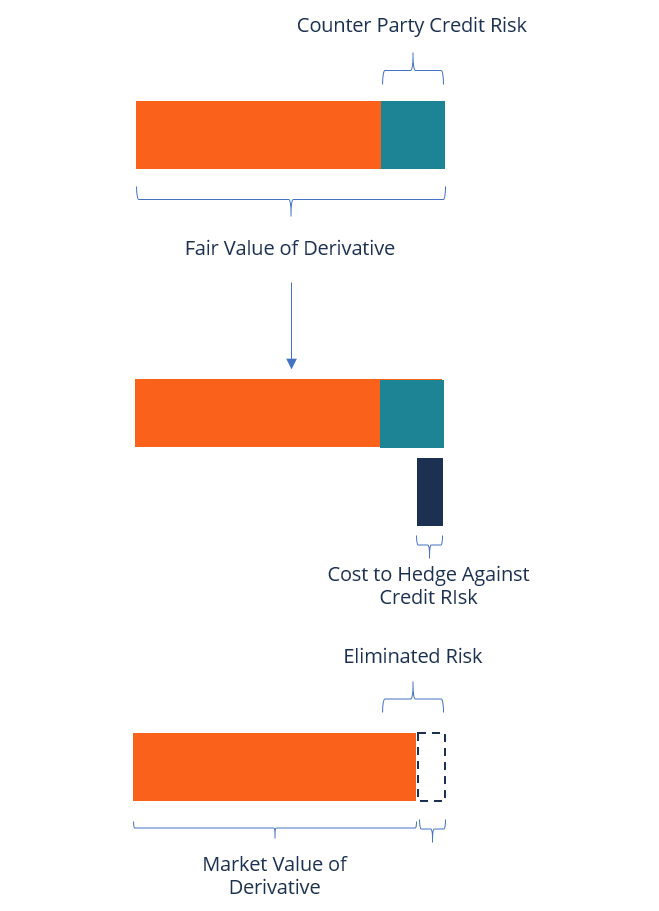Everything About Corporate Voluntary Agreement (CVA): Meaning and Usage.
Everything About Corporate Voluntary Agreement (CVA): Meaning and Usage.
Blog Article
Introducing the Legal Framework and Ideal Practices for Business Voluntary Contracts
In the complex landscape of business arrangements, understanding the legal framework and adopting best methods for voluntary arrangements is vital for companies intending to navigate efficiently through collaborative endeavors. From legal needs that underpin the validity of such agreements to the essential elements that boost company agreements to a degree of robustness and efficiency, there is a depth of expertise that can substantially impact the results of these arrangements. By checking out the subtleties of arrangement approaches, conformity measures, and openness standards, businesses can not just forge more powerful cooperations however additionally reduce threats and guarantee lasting partnerships. As we dig into the complexities of business voluntary arrangements, discovering the subtleties of the lawful structure and finest practices will clarify the paths to mutually valuable and effective agreements in the corporate realm.
Lawful Demands for Voluntary Arrangements
In order to establish the credibility and enforceability of company voluntary agreements, adherence to certain legal requirements is essential. These legal requirements work as the foundation for guaranteeing that voluntary arrangements between firms and various other celebrations are lawfully audio and binding. One important element is the need for a clear and distinct contract that details the terms, responsibilities, and responsibilities of all parties entailed. This includes defining the range of the arrangement, specifying the rights and tasks of each event, and developing systems for conflict resolution.
In addition, transparency and justness are vital principles that need to underpin business voluntary arrangements. Parties must divulge all relevant details truthfully and act in excellent confidence throughout the arrangement and execution process. Furthermore, conformity with pertinent regulations and policies is vital to guarantee that the arrangement is lawful and according to the legal framework controling company activities.
Key Components of Corporate Agreements
Transparency and precision are crucial in delineating the fundamental aspects of business arrangements. Secret parts of corporate agreements commonly consist of the recognition of the parties included, a clear declaration of the objective of the arrangement, the range of the commitments and responsibilities of each party, the period of the agreement, and any type of arrangements for termination or adjustment. In addition, a well-structured company contract needs to outline the specific goals and objectives to be accomplished, the sources and support needed from each party, systems for surveillance and reviewing progression, in addition to procedures for settling disputes or dealing with violations of the agreement. Quality in defining the civil liberties and responsibilities of each celebration, including any type of privacy or non-disclosure needs, is essential for guaranteeing mutual understanding and conformity. Integrating systems for normal communication, reporting, and evaluation can assist preserve liability and promote successful partnership in between the events involved in the corporate contract.
Ideal Practices in Contract Arrangements
Efficient arrangement techniques are vital in achieving mutually advantageous outcomes in company arrangements. The first ideal method in agreement arrangements is to conduct detailed research and preparation before getting in right into conversations. Understanding the demands, goals, and possible issues of all events included can assist in crafting an extra effective arrangement method. Additionally, it is vital to establish clear communication channels and keep professionalism throughout the settlement procedure.

Furthermore, setting clear objectives and limits from the beginning can help in maintaining focus and direction throughout settlements. Developing a timeline and framework for decision-making can additionally add to an extra productive and reliable settlement process. Documenting all contracts and guaranteeing that they are legally sound can aid avoid misunderstandings and conflicts in the future.
Guaranteeing Compliance and Transparency
Making sure compliance with legal laws and preserving openness in company contracts is important for promoting trust and responsibility amongst all events entailed. Compliance ensures that all parties adhere to the agreed-upon terms, reducing the threat of conflicts and lawful repercussions. Transparency, on the other hand, advertises open interaction and understanding, allowing stakeholders to make enlightened choices and evaluate the agreement's justness.
To make certain conformity and transparency, corporate volunteer agreements ought to detail clear standards, duties, and reporting mechanisms. Routine monitoring and analysis processes can aid track progression and address any type of variances quickly. In addition, establishing independent oversight mechanisms and including relevant stakeholders in the surveillance process can boost integrity and authenticity.
In addition, business ought to prioritize training and capacity-building campaigns to ensure that employees recognize their roles and responsibilities within the contract. Supplying easily accessible networks for reporting violations or concerns can motivate whistleblowing and early intervention, additionally enhancing conformity and transparency initiatives. Ultimately, maintaining these concepts can bring about lasting and mutually beneficial end results for all parties involved in corporate voluntary contracts.

Strategies for Successful Partnerships
Successful cooperations in company volunteer arrangements commonly hinge on strategic preparation and reliable interaction among stakeholders. This entails specifying the extent of the contract, describing each celebration's responsibilities, and setting quantifiable targets to track development.
One more crucial approach is to cultivate a sense of trust and transparency among all stakeholders. Open and sincere communication is vital in constructing solid relationships and fixing any kind of disputes that may occur during the collaboration process. Normal meetings and progression updates can help preserve momentum and address any kind of concerns before they escalate.
Furthermore, it is very important to allocate sources corporate voluntary agreement efficiently and make certain that all celebrations have the necessary assistance to fulfill their responsibilities. This might include providing training, access to appropriate data, or economic help where needed. By executing these techniques, firms can enhance the probability of successful cooperations in company volunteer agreements.
Conclusion
In final thought, comprehending the lawful framework and best practices for business voluntary arrangements is vital for successful collaborations - what is a cva in business. By adhering to legal demands, integrating crucial components, and negotiating agreements successfully, companies can make sure compliance and openness in their volunteer contracts. Executing these techniques can result in equally useful collaborations and contribute to lasting business methods
In the complex landscape of business arrangements, understanding the lawful framework and embracing ideal practices for voluntary agreements is extremely important for services intending to browse successfully with collaborative ventures. From lawful needs that underpin the validity of such agreements to the key elements that boost business arrangements to a degree of effectiveness and performance, there is a depth of knowledge that can dramatically influence the outcomes of these plans. As we delve into the ins and outs of company voluntary agreements, revealing the nuances of the lawful structure and best practices will lose light on the paths to mutually advantageous and effective arrangements in the corporate realm.
Key parts of company arrangements commonly include the identification of the events involved, a clear declaration of the purpose of the contract, the extent of the obligations and duties of each party, the duration of the arrangement, and any kind of stipulations for discontinuation or modification. what is a cva agreement?. Furthermore, a well-structured business contract needs to lay out the particular objectives and objectives to be attained, the resources and support needed from each celebration, mechanisms for tracking and evaluating progression, as well as treatments for fixing conflicts or addressing breaches of the contract
Report this page